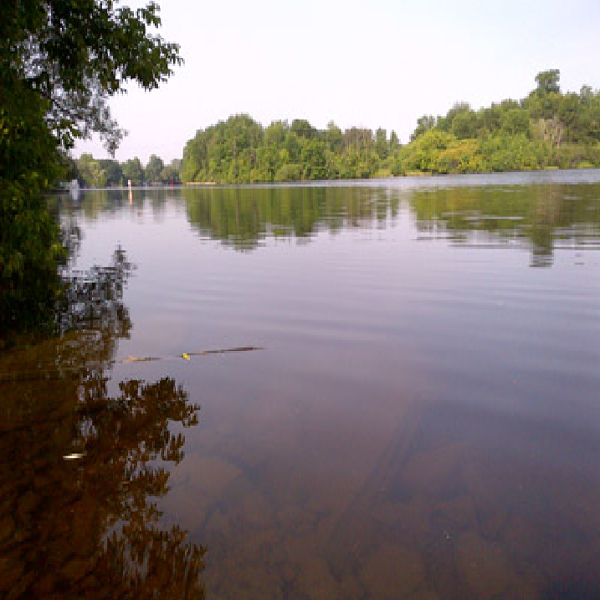A new 30-page technical report commissioned by The Council of Canadians and Ecology Ottawa finds that a spill from the proposed 1.1 million barrel-per-day Energy East Pipeline could have catastrophic impacts on the Rideau, Mississippi and Ottawa rivers and put the region’s drinking water at risk.
The pipeline would cross the Rideau River just north of Kemptville (near the Baxter Conservation Area), the Mississippi River (north of Pakenham) and 68 watercourses in the Rideau and Mississippi watersheds.
The report by the independent Montreal-based technical firm Savaria Experts-Conseils Inc. finds that a spill in the Rideau River would impact Ottawa and Gatineau’s drinking water within 48 hours and a spill in the Mississippi River would impact the drinking water for those cities after about 60 hours.
Metro News reported, “A spill in the Rideau River on Ottawa’s southern border would take about 48 hours for the plume to reach the nearest municipal water intake system 52 kilometres downstream, the report found. Where the pipeline crosses the Mississippi River west of Ottawa, a major spill would enter the Ottawa River and within 60 hours reach the city of Ottawa’s nearest water intake 60 kilometres downstream.”
It is notable that the oil spill of 250,000 litres, or 1,572 barrels by a Husky pipeline in the North Saskatchewan River this summer travelled over 500 kilometres. If the a rupture happened and the valves on the Energy East pipeline were shut within 13 minutes — which would be an extremely optimistic scenario — 2 million, or 12,580 barrels to 10 million, or 62,898 barrels of oil could be spilled into the rivers.
The report finds that the average response time in North America to shut off valves in cases of significant spills is 16 hours.
“The Energy East pipeline runs straight through the Baxter ecological conservation area. A spill in that wetland could cause irreparable damage to the ecosystem. Energy East is all risk and no reward,” said Daniel Cayley-Daoust, energy and climate justice campaigner at the Council of Canadians.
The Council of Canadians and Ecology Ottawa will be holding an Energy East: All Risk, No Reward town hall meeting at the Ottawa Public Library Main Branch on Oct. 11 starting at 6:30 p.m.
The speakers will be Council of Canadians chairperson Maude Barlow, Manitoba Grand Chief Derek Nepinak, Saskatchewan-based Indigenous community organizer Erica Violet Lee and Council of Canadians campaigner Daniel Cayley-Daoust. Ecology Ottawa executive director Graham Saul will moderate the event.
Metro News reported, “The City of Ottawa hasn’t taken a stance on Energy East yet, although it will be an official commentator in the stalled National Energy Board hearings when they eventually resume.”
In June 2013, the Ottawa Citizen reported, “Calls to Mayor Jim Watson’s office inquiring whether TransCanada has approached the city were not returned. A spokesman for the mayor said no meetings have taken place between the mayor and TransCanada. However, according to the City of Ottawa’s lobbying registry, on April 17 a TransCanada representative met with city officials including city manager Kent Kirkpatrick and deputy city manager Nancy Schepers, with some subsequent correspondence. On June 10 another TransCanada representative met with George Young, Watson’s senior adviser for communications and operations.”
It is not known when the National Energy Board hearings on the Energy East pipeline will resume, but an NEB recommendation on the pipeline is expected in March 2018. The Trudeau government would then have until June 2018 to make its decision on the pipeline. TransCanada, the company behind the pipeline, wants Energy East operational by late 2019 or early 2020.
Photo by Brent Patterson.
Like this article? rabble is reader-supported journalism. Chip in to keep stories like these coming.



